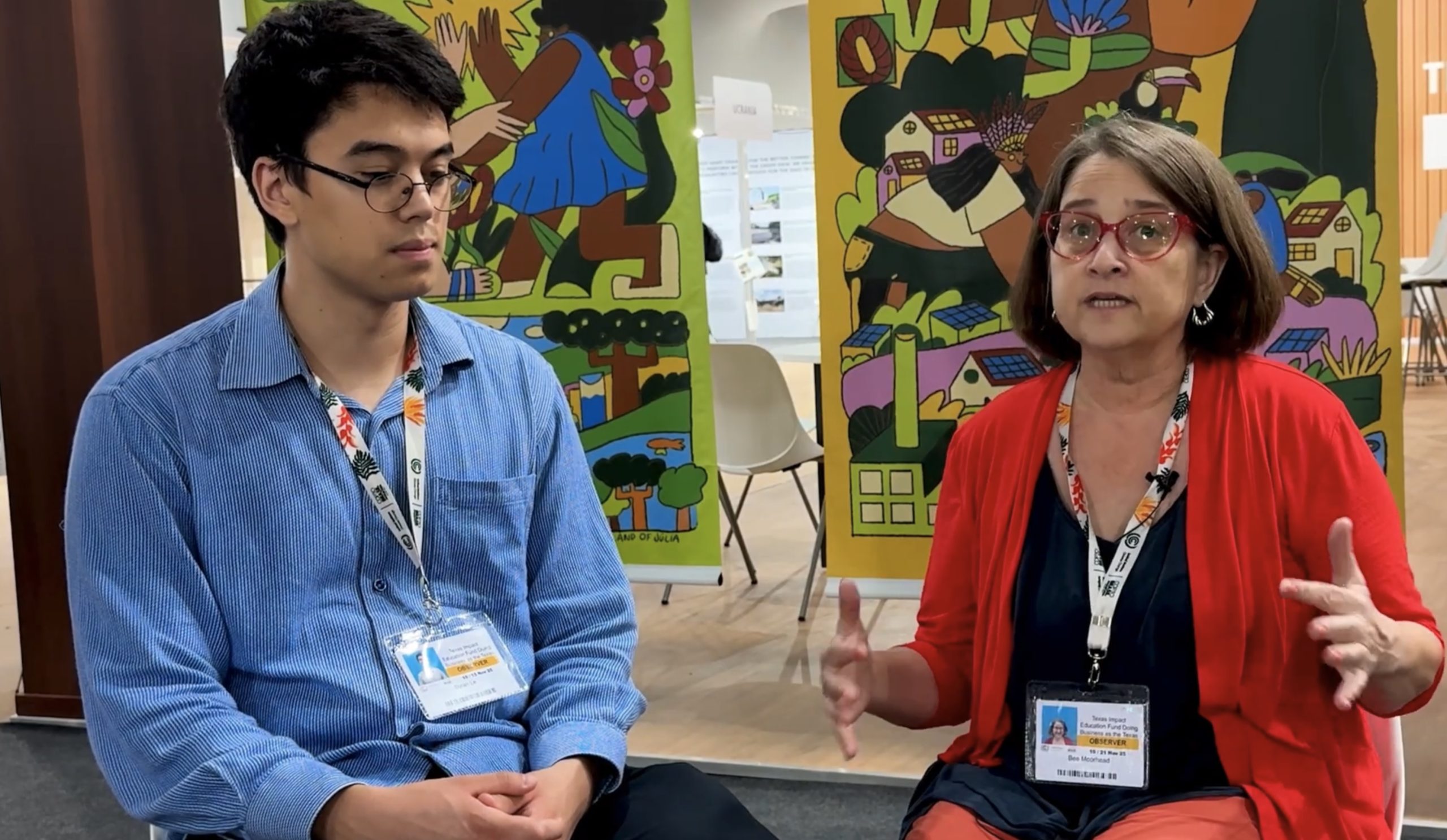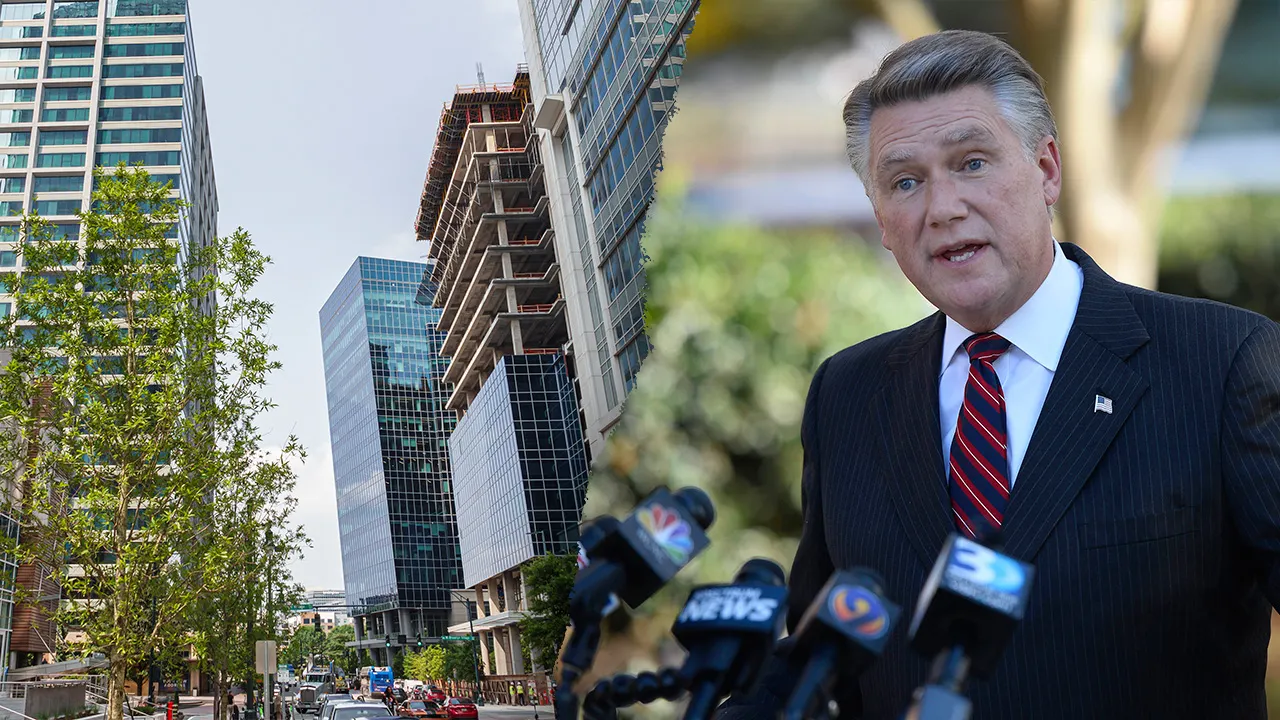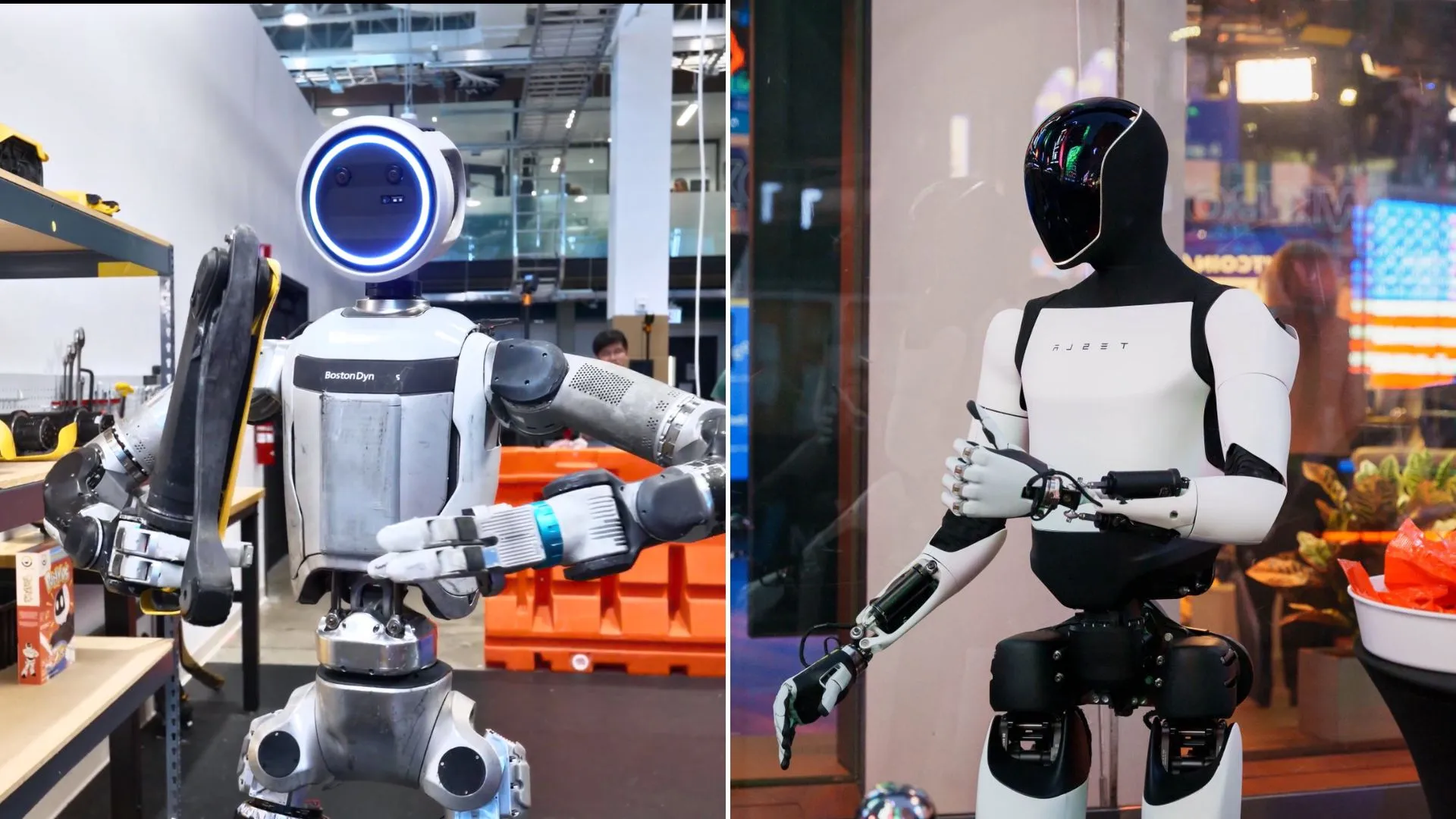Copyright The Austin Chronicle

As the world’s eyes turn to Brazil for the United Nations Climate Change Conference (COP30), Austin-based Texas Impact/Texas Interfaith Power & Light is sending dispatches from the conference to the Chronicle. Naira Santa Rita, an internally displaced person from Brazil, directed her message to the entire audience: “Anyone of us in this room could be a climate refugee.” In a space shared by people from across the world, these were the words that stuck with us as we left our first COP30 panel, which focused on solutions for refugees, internally displaced people, and migrants. The panel’s speakers exemplified the ubiquity of climate migration: Naira, an internally displaced person from Brazil; Gardenia Cooper Guiroz Warao, an indigenous refugee representative from Venezuela; and Ayoo Irene Hellen, a refugee from South Sudan living in Uganda. The panel also included Filippo Grandi, the United Nations High Commissioner for Refugees; Ugochi Daniels, IOM Deputy Director General; and Abdirasak Ahmed Ali, DG Somalia Ministry of Environment and Climate Change. Climate migration occurs across and within borders, and it often affects communities that aren’t given a seat at the table. As a refugee from Uganda, Ayoo highlighted Uganda’s leading role in considering refugees in their national adaptation plan by incorporating solar electric cooking. Eighty percent of refugees from South Sudan are women and children, and they often encounter harassment, assault, and even arrest while searching for firewood in times of energy scarcity. Children have dropped out of school solely due to the time spent gathering firewood. By implementing solar electric cooking, Uganda addresses a humanitarian and climate crisis simultaneously – two sides of the same coin. Humanitarian crises affect us all – not only as we receive more and more refugees, but also when our own citizens begin to migrate. Climate change migration might evoke a sensational picture: thousands of refugees in search of a new home after a devastating hurricane; flooding of international borders as communities face a nation-wide drought. However, not all climate migration makes headlines. As sea levels and temperatures slowly creep up, so will rates of migration. More and more legal frameworks are required for addressing the diverse catalysts for migration. The more gradual and less frantic kinds of migration, such as a Texan who decides to move to California because they simply can’t bear the increasing heat, are difficult to measure. Commissioner Grandi spoke about the continued importance of humanitarian aid while stressing that it still leaves much to be desired. This sentiment was echoed by Ugochi Daniels, who remarked that, “Climate finance is a very important part, but it’s not enough. It’s not going to the countries that need it.” According to Daniels, less than 10% of climate finance goes to communities most in need. As finance remains a central topic at COP30, it will remain equally important to address how funds are being directed. Responding to concerns about addressing displacement across the world, Grandi emphasized that all forced migration is unjust. However, a good place to start addressing forced migration is climate justice. In the heart of the Amazon, one of the elephants in the room is the impact of climate change on indigenous communities – those who have polluted the least yet suffer the most. Gardenia spoke about her community’s direct connection with nature and how more indigenous voices need to be amplified when it comes to environmental care. This is a sentiment that has echoed throughout the entire COP – as we separate ourselves from nature, we begin to damage it as if we aren’t damaging ourselves. Connection with nature, the community, and love for thy neighbor never feels stronger than when we sit together with advocates from around the globe. Our political, cultural, and religious work in Texas must come from a place of love and the understanding that we truly are all neighbors of one shared planet. Commissioner Grandi emphasized, “Let’s not take it for granted that everybody agrees or knows [that climate change is real].” The first step to combatting climate change is acknowledging its existence, and secondly, its ongoing effects throughout the entire world. Climate migration demands that our love for our neighbor must not only extend to our neighbor across the street but to our neighbor across the world. About Texas Impact Texas Impact exists to put faith into action. We equip faith leaders and their congregations with the information, opportunities, and outreach tools to educate their communities and engage with lawmakers on pressing public policy issues. We are an interfaith group that works together on issues that impact the most vulnerable people in our communities. We help people live out their faith in the public square, moving the faith community from charity to justice.



